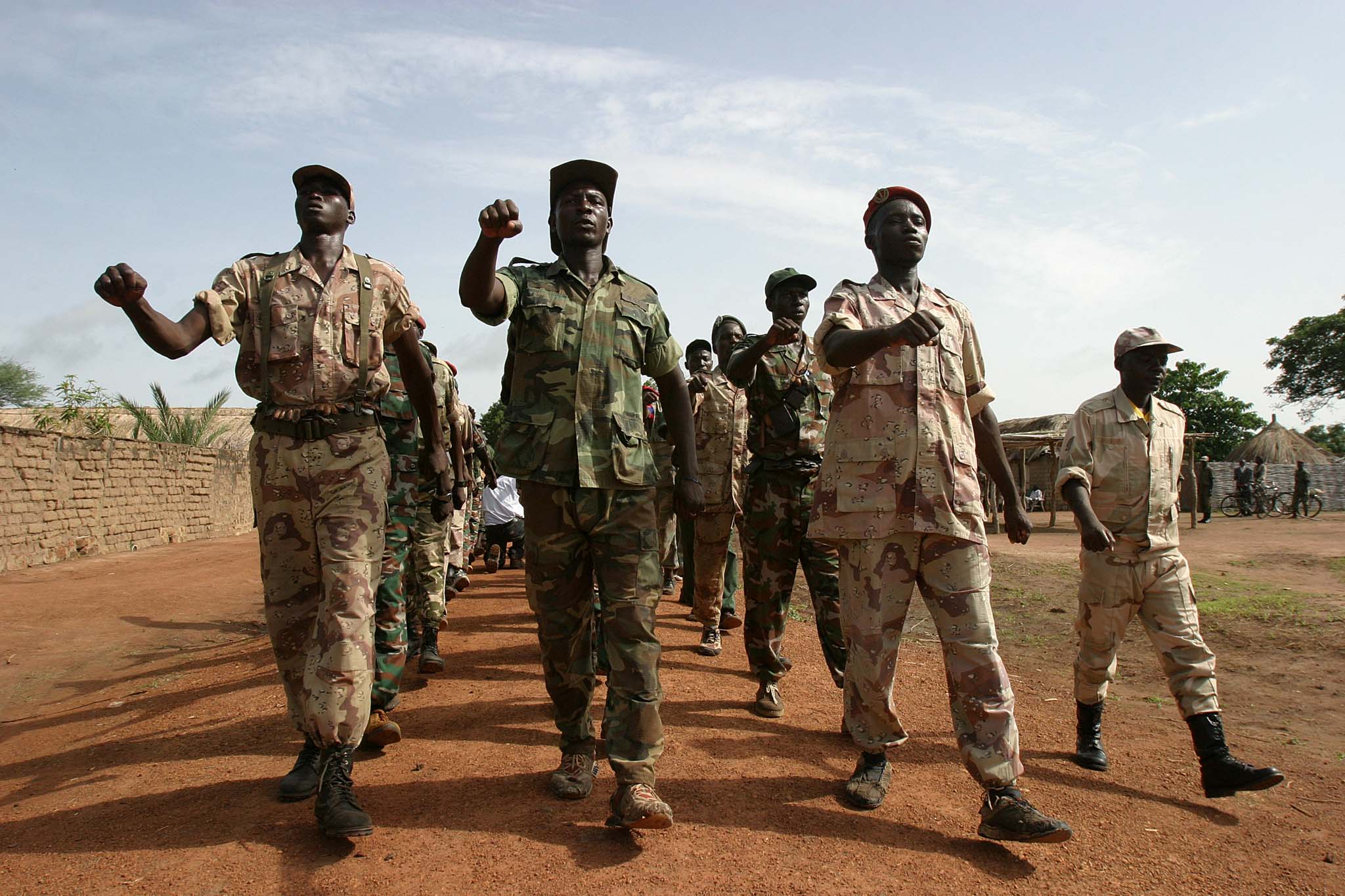
A year ago on October 3, 2013, a ship sank near the coast of Lampedusa, a southern Italian island on the Mediterranean. Only 155 survived of the more than 500 who were on board the ship that caught fire and capsized. This was the famous Lampedusa tragedy that shocked Europe and caught the attention of the world. Most victims were from Eritrea and Somalia; two African states producing the largest numbers of international migrants have come from over the past few years.
The Lampedusa tragedy is one of many similar misfortunes that have occurred in the effort of reaching the European continent. It ruthlessly exposed an issue that Europe has been struggling with for decades – population influx, particularly from Africa and the Middle East. While there is an established international regime governing the handling of refugees, recent events have proven that the current system is insufficient and seriously flawed. The number of asylum seekers from Africa continues to increase due to wars and political upheavals in many regions of the continent, exceeding the capacity of coastal states to accommodate them, causing both social controversies and loss of life.
In short, Lampedusa revealed serious deficiencies in the current international legal regime on the treatment of refugees. The system is unfair and undesirable to both the EU states and the asylum seekers. A more integrated European- and worldwide asylum legal framework must be established to deal with this problem as soon as possible.
Under international law, refugees fleeing persecution have the right to asylum. There are two important multilateral treaties and a regulation that govern the reception and settlement of refugees—the 1951 Convention and 1967 Protocol relating to the Status of Refugees and the Dublin Regulation. The Convention defined the term “refugee” and outlined the rights of asylum seekers and the obligations of the state. However, the current situation in Europe captures the flexibility of international law to various interpretations. A very practical problem is the difficulty to authenticate the need for asylum, as people often leave their countries without the necessary documents to prove their origins and identities. According to Federico Fossi from the UNHCR in Rome, the 2011-12 waves of immigrants from Libya consisted mostly of economic migrants who had had employment, instead of refugees fleeing persecution.
The current assessment process for refugees in the EU is arbitrary, and recognition rates differ dramatically from country to country. The EU Home Affairs Commissioner Cecelia Malmstöm pointed out that for Sudanese asylum seekers the rate of recognition was 68% in Italy, and only 2% in Spain. While every state has signed the same conventions, they carry out their obligations differently. Italy and Greece for instance have repeatedly complained that the current Dublin Regulation, which covers asylum procedures, places an unfair burden on them.
In Malta and Italy, jurisdiction over refugees who arrive in their common area of search and rescue is a common issue. In an integrated zone like the EU, where labor and goods move freely, it is neither fair nor desirable to confine refugees in the countries of first arrival. The economic burden imposed on Italy by the overcrowded refugee reception centers, combined with the country’s financial burden in light of the recent Eurozone crisis, is bound to cripple the entire system and exacerbate the local population’s negative sentiments towards foreign immigrants. The Dublin Regulation is an example of a regional international legal system that, while appearing to bind all parties equally, places a disproportionate burden on certain parties indirectly.
Lampedusa is a painful reminder of the inadequacy of the current international treaty regime governing refugee affairs. It is unjustified in that it puts the economic and political burden of humanitarian relief entirely on a few states. Fortunately, the problems of the Dublin Regulation are recognized, and its amendment is currently underway. A more comprehensive and effective international legal framework built upon the principles laid out in the 1951 Convention will require all states to work together instead of kicking the ball back and forth to each other.




